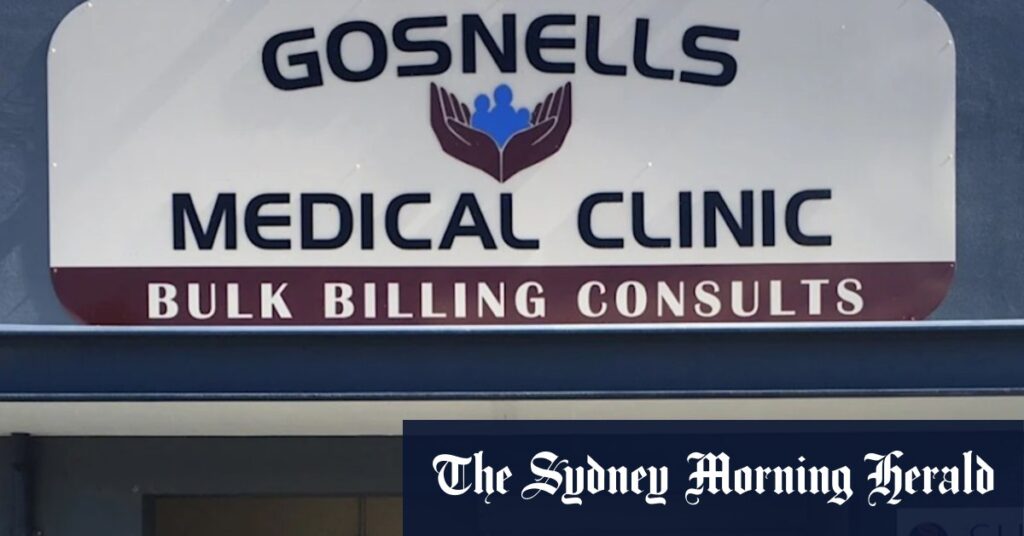“Despite her booking one child for circumcision, after begging me I agreed to add one extra child,” he said.
Hassan administered morphine to David but did not administer it to the second child due to his age, and performed the procedure.
The pair were sent home with their mother, and David remained asleep for a number of hours following the surgery.
His mother said Hassan had warned her this would happen and may wake up feeling nauseous, but her second son had begun to bleed heavily from his wound and seemed to be in pain.
“Understandably, [the mother] was focused on [David’s brother] from the time she arrived at her friend’s house. It is clear he was in distress and the problem in terms of his bleeding and pain was only getting worse,” the coroner said.
She checked on David about 6.30pm, about four hours after the procedure.
“His legs were cold to touch. She felt for a pulse on his wrist but could not feel one. Her friend’s son, who is a nurse, came into the living room and checked David but he could not feel a pulse either. David was not breathing,” the coroner said.
An ambulance was called, but David was later declared dead.
“A doctor came to tell [the mother] that they had been unable to save David. She could not believe it. [She] had thought that David was going to recover,” the coroner said.
“While she was trying to come to terms with David’s death, she was told [her second son] needed to be transferred to Perth Children’s Hospital where he underwent emergency surgery to control bleeding from his frenular artery.”
Several specialists and experts offered advice at the inquest, with many forming the view it was unwise to give a child morphine, administer anaesthetic in a general practice setting, and discharge the boys without proper aftercare.
Loading
Hartley said it was likely opioid toxicity had caused David’s death.
She said it was difficult to ascertain how much morphine he had received, due to incomplete record-keeping at the Gosnells Medical Centre.
The coroner said David and his brother had also eaten before the procedure, as Dr Hassan had failed to warn their mother about the need for fasting.
However, the coroner said the most concerning aspect of the case was the decision to let David’s mother take him home while still deeply sedated.
“It is hard to comprehend the fact that David was discharged from the clinic less than an hour and a half after he was administered the drug,” she said.
The coroner did not make any recommendations following the inquest, but said WA Police had reviewed the file and would not recommend Hassan face charges.
However she did refer the case to the medical regulator, the Australian Health Practitioner Regulation Agency.
“The critical issue in David’s case arose out of the administration of sedation in the form of morphine,” she said.
“Procedural sedation, particularly in children, comes with significant known risks. These risks can be mitigated if the sedationist complies with requirements aimed at ensuring patient safety.
Loading
“Of particular relevance in this instance, is the need to ensure the setting in which the procedure occurs is appropriately staffed, equipped and set up, the patient is monitored peri and post-operatively and discharge criteria are strictly adhered to.
“Dr Hassan failed in his professional duty to take the necessary measures to ensure David’s safety. His oversights were inadvertent and he has acknowledged his shortfalls and expressed deep remorse for the catastrophic consequences.”
An Australian Health Practitioner Regulation Agency spokesperson confirmed they were aware of the coronial outcome.
“We … can confirm the information was shared with the [agency],” they said.
“We take all concerns raised about the health, performance or conduct of a practitioner seriously.
“As we are currently considering this matter, we are unable to comment further at this time.”
Gosnells Medical Clinic was contacted for comment.
Read the full article here


